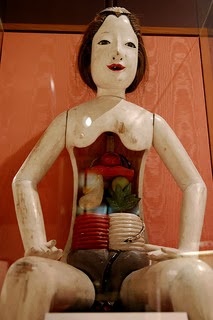You’ve practiced how to extract from a patient their chief complaint. You’ve memorized lists (and lists and lists) of drugs, treatment modalities, and other interventions. You’ve learned all the physical exam skills on the test, and you’ve got every organ system down pat. You even remember the Kreb’s cycle.
Now, your patient has walked into the exam room looking for help with her headache (although she turns out to have none), doesn’t appreciate your blank stare when she says her soul is lost, and is very confused about why you’re treating her clearly ‘hot’ illness with a ‘hot’ medicine. Time for a psych consult?
Nope. Time to delve into the patient’s cultural beliefs about illness, treatment, and doctors, and reach some sort of understanding between you and your patient that allows for a good outcome. That’s what cultural psychiatrist Hendry Ton, the Medical Director of the Transcultural Wellness Center and Director of Education at UC Davis School of Medicine Center for Reducing Health Disparities, advised UI student Lisa Wehr to do when she encounters a patient whose beliefs just don’t line up with those taught by Western medicine.
Recommended:
National Culturally and Linguistically Appropriate Services (CLAS) Standards in Health and Health Care
Listen to Episode 028: What Cultural Competency Really Means.


